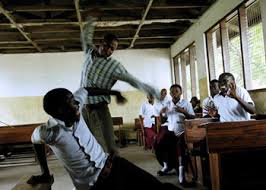What is the difference between corporal punishment and child abuse?
Okay, before I proceed, let me start by declaring that this is me getting back at my primary and secondary school teachers for all those floggings and punishments. So what if I liked to talk in class? I’m very outspoken; did that justify having me ride okada for three hours?
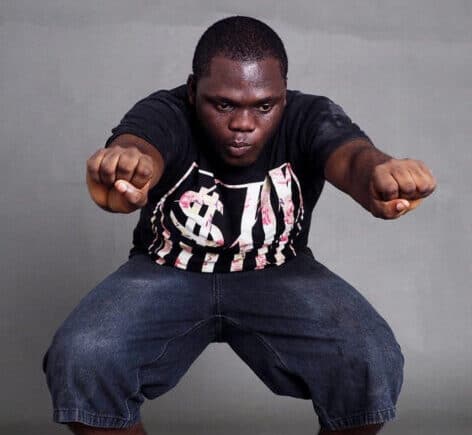
Mr. Rasheed of Intro. Tech, Miss Comfort of Yoruba and Mrs. Felix of Economics, this one is for you. And don’t let me even mention that Further Maths teacher, with his head like something you have to use dy/dx to calculate.
Okay, it seems I have a lot of unresolved issues with my secondary school teachers, so let’s not get carried away. Once again, we’re back to the question: what is the difference between corporal punishment (or discipline, as they call it) and child abuse?
Now, I know which way I’d swing if it were up to me, which is why we’re going to put the memories of my bruised body parts aside and examine both concepts objectively.
SEE: Popular Nigerian Childhood Myths
What is corporal punishment?
This is the infliction of physical pain on a person’s body as punishment for a crime or infraction. It includes flogging, beating, mutilation, branding, blinding… ehn? Wait, what is this I’m seeing? Blinding how? What kind of schools did these people attend?
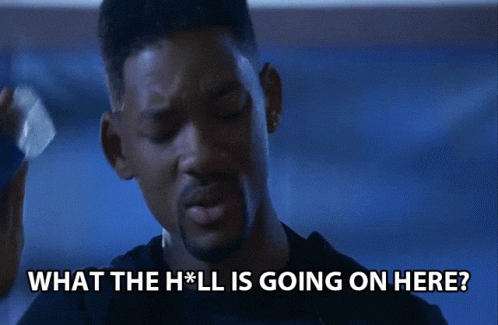
Oh, okay. Corporal punishments did not originate in schools; it was a societal measure used in instances that did not call for the death penalty or for exile. Early Babylonian law developed the principle of lex talionis, which asserted that criminals should receive a punishment equal to their crime.
Hence, if a person broke someone’s arm, they had their own arm broken. It was a literal eye-for-an-eye concept, but it had some effect. However, the growth of humanitarian ideals during the Enlightenment led to the gradual abandonment of corporal punishment.
Now, though, it is used in a broad sense to denote the physical disciplining of children, both at home and at school.
READ: Jungle Justice In Nigeria: When The Mob Rules
Types of corporal punishment
Corporal punishment is especially popular in African societies, where parents, caregivers, and teachers believe strongly that sparing the rod means spoiling the child. European and American kids can talk back to their parents or misbehave without fear of bodily harm. The most they will get is detention and having their gadgets seized.
Try that in Africa, and trust me, you will see the light during something like this…

The worst part is that it’s not only your parents that will beat you; if you happen to live in an open and extended type of family, your own is finished. Slaps will come in from the North, East, West and South, and even from above and below. Even that total stranger passing on the road is entitled to donate a hit or three.
Here are the types of corporal punishments, pictorially represented:


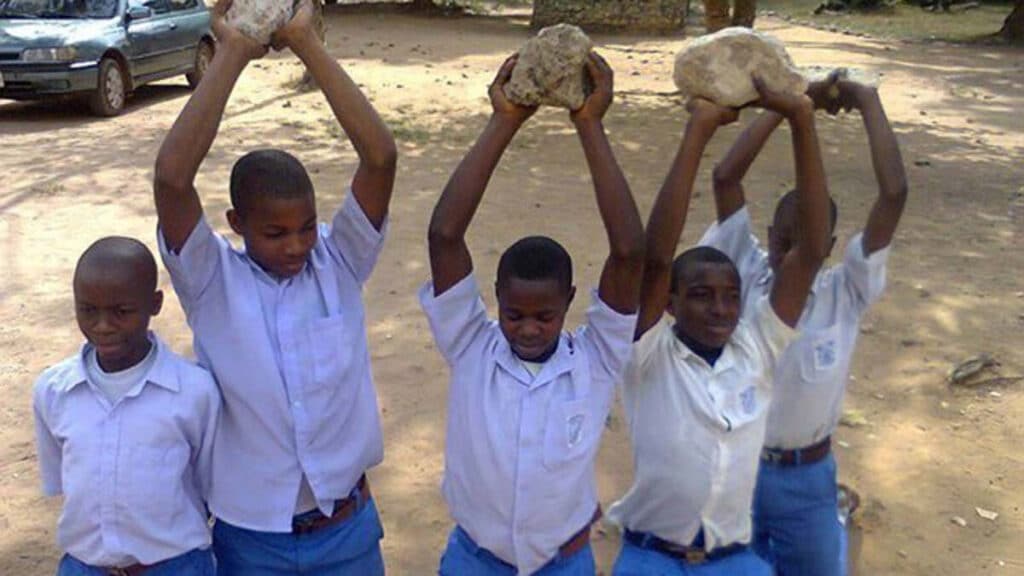
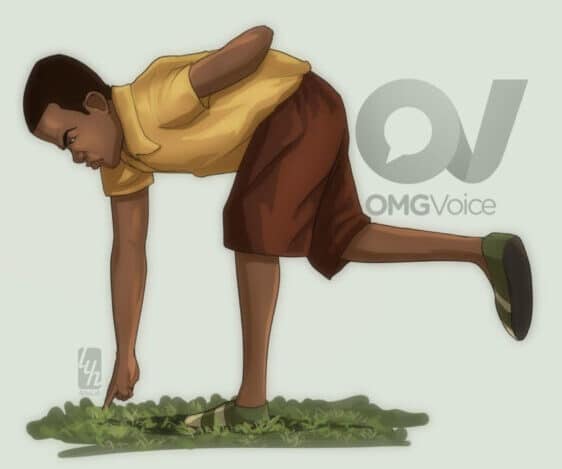
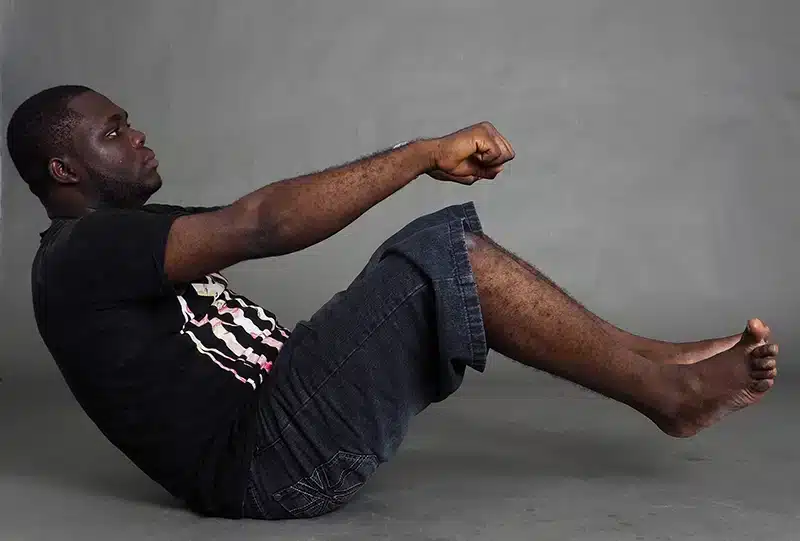
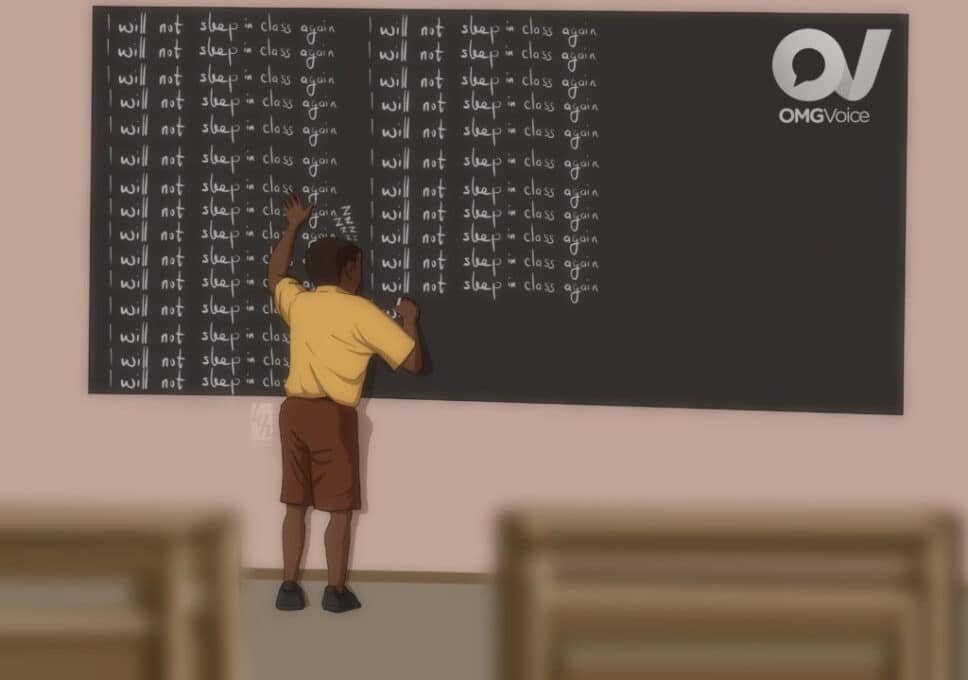
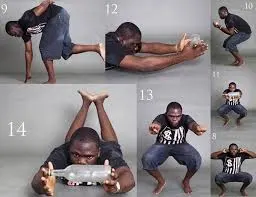
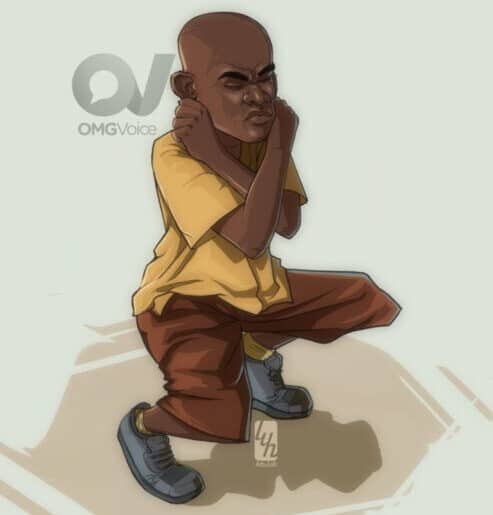

What is child abuse?
This one needs no elaborate introduction. Unless you’ve been living under a rock at the bottom of the ocean, you know what child abuse is. It is the abuse and neglect that occurs to children under 18 years of age.
However, a common misconception is that child abuse only includes physical acts; it doesn’t. Child abuse is not just physical violence directed at a child; it is any form of maltreatment by an adult, which is violent or threatening for the child.
It can include physical abuse, s3xual abuse, emotional abuse, medical abuse, and neglect.
SEE:
- Prostitution: s3x Trafficking in Nigeria
- Domestic Abuse: Meaning, Causes, Prevention, and More
- Domestic Violence: 5 Signs you are a victim and helpful resources
Corporal punishment vs child abuse
The rationale behind the concept of corporal punishment was that the pain, injury, degradation and humiliation of the act would be enough to deter the offender from returning to the act. Also, they figured that, for instance, amputating a thief’s right hand would inhibit his physical ability to steal.
However, there is a reason why, despite the above argument, the Convention on the Rights of the Child, adopted by the United Nations in 1989, forbids the physical abuse of children by parents or other caregivers. Also, most European countries have partially or completely banned the corporal punishment of children in schools and at home, in compliance with the European Social Charter—adopted in 1961 and revised in 1996—which protects children from physical abuse.
The Council of Europe, an organization that promotes human rights and democracy in Europe, also seeks to abolish the practice.
Now, everyone knows that the Europeans are hardcore. Hardcore with a capital H. Africans think we’re brutal? We dey learn. Brutality came from Europe. The stuff those guys got up to in the Middle Ages continues to be studied the world over by amazed professors. Anthropology students write thesis on them.
Now, those same Europeans took a long look at corporal punishment and decided, “Nahh! This shit is too brutal and painful for our kids to go through. Let’s stop it.” And we still decide to continue inflicting that same inhumane act on our children? That doesn’t tell us something?
I’ll leave you guys to answer that question yourself.



